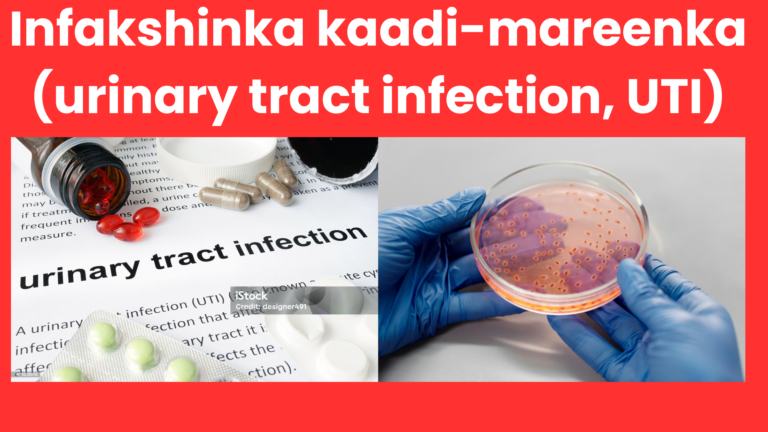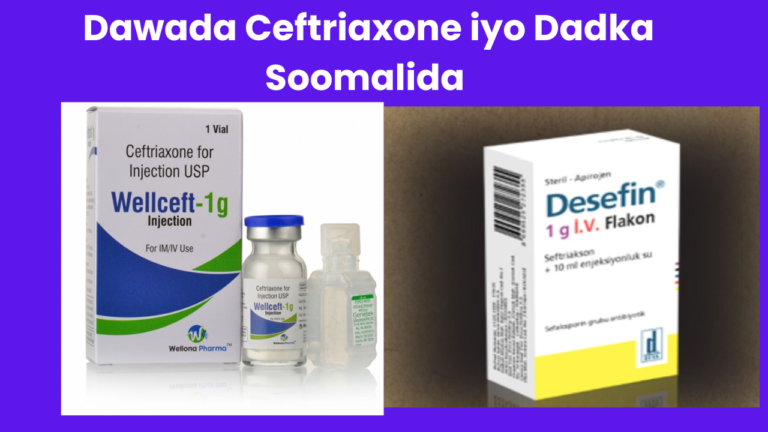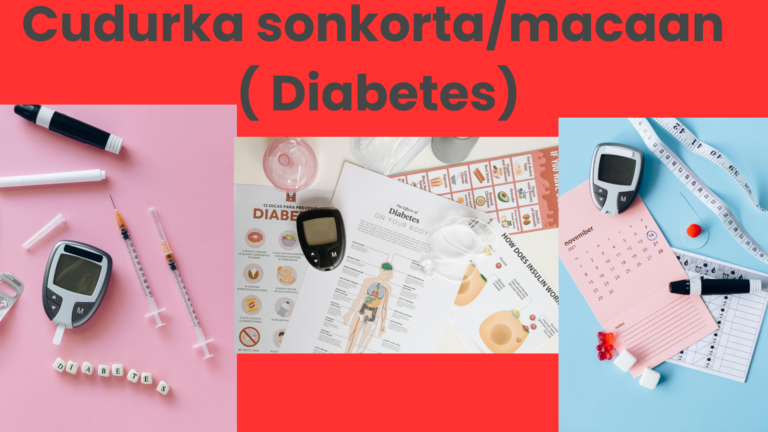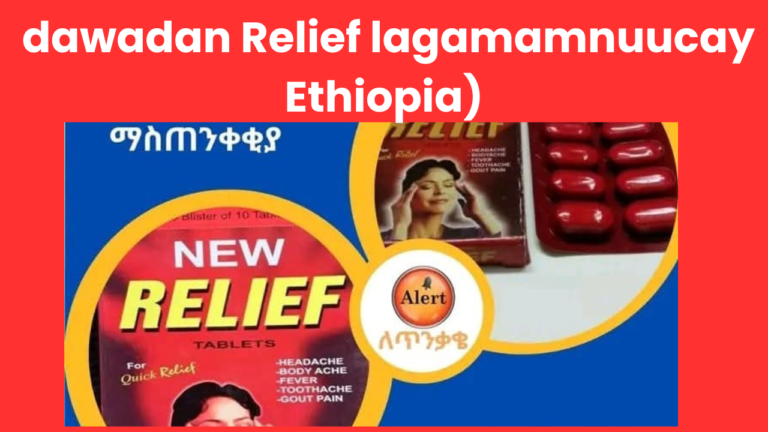Ranitidine banned in ethiopia ( dawadan Ranitidine oo laga mamnuucay Ethiopia )
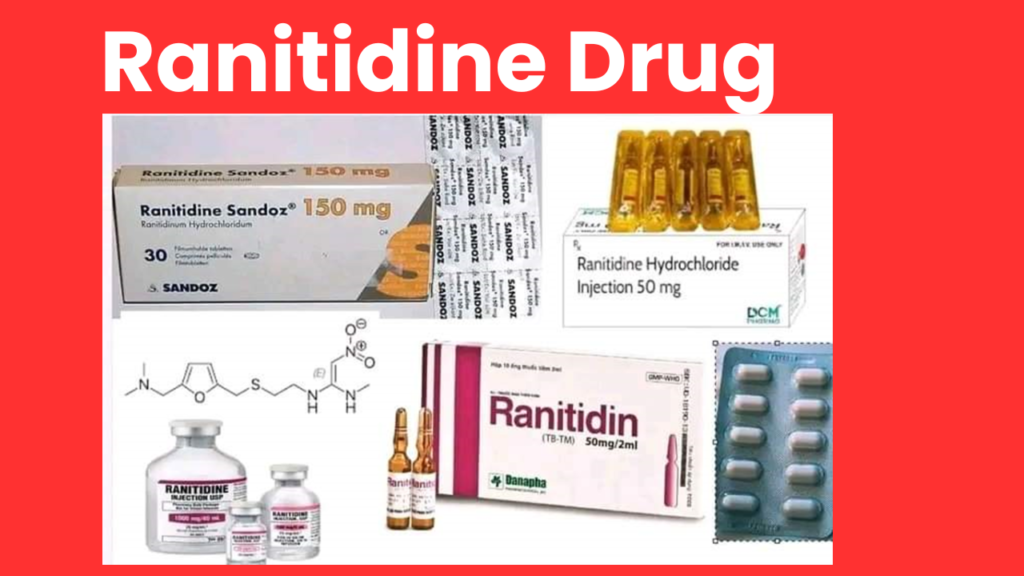
Digniin kasoo baxday, Wakaalada dabagalka cunada iyo daawooyinka dalka ee loo yaqaan.Ethiopian food and Drug Authority (EFDA).
Waxaa dalka itoobiya laga mamnuucay daawada loo yaqaan Ranitidine iyo dhamaan daawooyinka ay ku jirikarto daawadan Ranitidine ( ranititidine containing products).
Daawadan ayaa laga helay maado aan nadiif ahayn oo loo yaqaan N-nitrosodimethylamine(NDMA). Maadaddan ayaa cilmi baadhistu sheegaysa in ay ku sababikarto bini aadamka kansar.
Hadaba waxaa xafiiska Caafimaadka DDS oo soo xiganaya Go’aanka waakalada EFDA uu gudbinayaa fariintan.
- In Xirfadlayaasha caafimaadku aysan u qorin bukaanada daawadan Ranitidine.
- In xirfadlayaasha farmasiyada jooga ay celiyaan cid kaste oo wadata warqad ay ku qorantahay daawadan Ranitidine sidoo kale ay xirfadlaha soo qora u sheegaan halista daawadan iyo in la mamnuucay.
- In dhamaan goobaha caafimaadka dawliga iyo kuwa gaarka loo leeyahay laga isticmaali karin daawadan.
Safety Alert on the use of Ranitidine
Ranitidine is an H2 receptors blockerantihistamine, first developed by Sir James Black in the early 1990s. Ranitidine is used for reducing stomach acid in patients with conditions such as heartburn and stomach ulcers. The recent global concernrevealed that Ranitidine containsan impurity called N-nitrosodimethylamine (NDMA) which is classified as a probable human carcinogen, based on animal studies.
The source of NDMA is not clear, there is some evidence that NDMA may form from the degradation of ranitidine itself with increasing levels seen over its shelf life. Though there are some studies that suggest NDMA can be formed from ranitidine inside the body, there are othersthat state otherwise. With the desktop review many countries both from the developed and developing world took measures on the product that include: banning, suspension, recall, withdrawal and related measures due to the associated safety concern.
One of the mandates of the Ethiopian Food and Drug Authority (EFDA) is monitoring the safety of medicines, and EFDA organized system, process and structure for monitoring the safety of medicines. In this connection the responsible wing in EFDA conducted series of activities including desk top review, conducting test on the tablet and API. The lab result confirmed the level of NDMA impurity from all randomly selected test samples were above the limit (about 12 times above the limit). With the evidence from other regulatory authorities, our lab results and consultation with professionals in the field, it has become imperative to issue this safety alert.
Accordingly, EFDA’s advise for health professionals include:
- Prescribers not to prescribe Ranitidine and use other alternative H2 receptor blocker. or other related class ofmedicines.
- Dispensers should refrain from dispensing prescribed Ranitidine and inform the prescriber about the alert and patients should contact their bealdicare professionals for advice about which medicine to take.
-1- Drug Authority Ethiopia Food

Booqo website-keena ah “https://cumarismail.com

